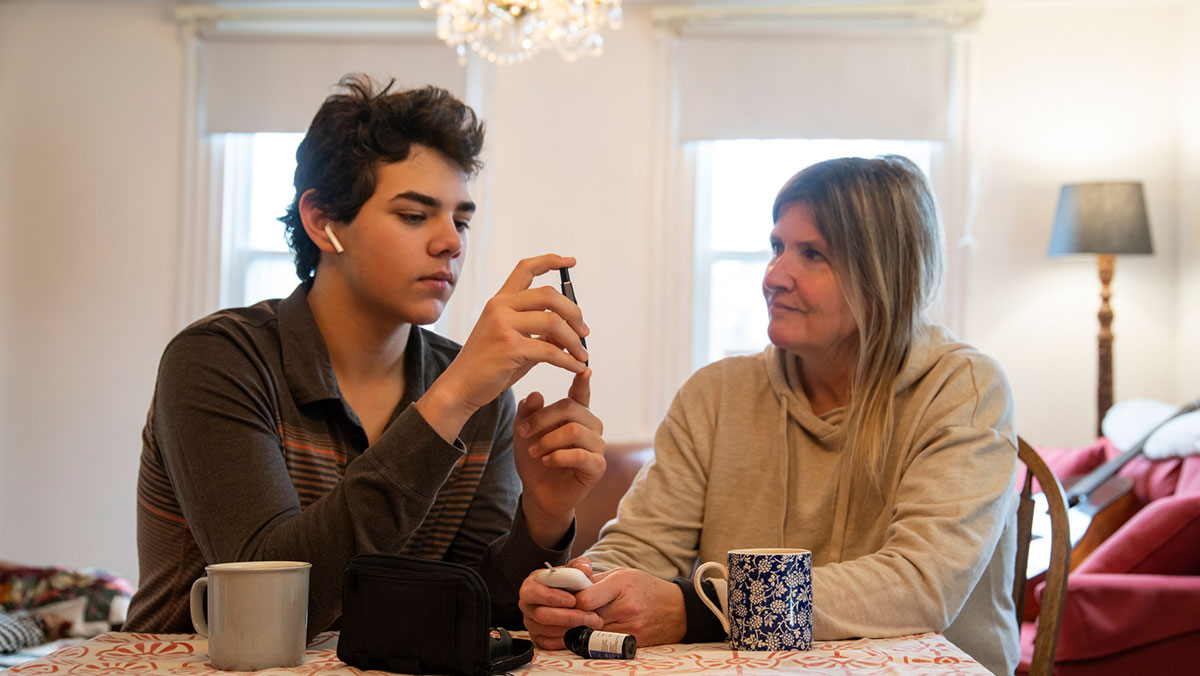- Studies have shown that depression and anxiety are more common in people with diabetes.
- Other mental illnesses, such as attention-deficit hyperactivity disorder (ADHD), are also more common.
- With diabetes on the rise, it is important to understand how these diseases affect young people.

What did this study investigate?
The study explored three topics from a telephone survey asking parents about their children's physical and mental health.
- We compared mental, behavioural and developmental disorders (MBDD) in children and adolescents aged 2 to 17 years with diabetes to those without diabetes.
- Comparing perceptions of MBDD severity between adolescents with and without diabetes.
- To compare mental health treatment and medication use over a 12-month period between adolescents with and without diabetes.
Terms to know
MBDD It is a condition that can affect a child's brain growth and development. The two subgroups are:
- Mental, emotional, and behavioral disordersThis typically includes ADHD, anxiety, depression, behavioral or conduct problems, and Tourette's syndrome.
- Developmental and language disordersThis typically includes autism spectrum disorder, intellectual disability, developmental delay, learning disability, and speech or language disorder.
research result
Youth with diabetes are more likely to have MBDD than those without diabetes. In fact, youth ages 12-17 with diabetes are 50% more likely to have MBDD than their peers without diabetes. Youth with MBDD, with or without diabetes, are more likely to be male.
Young people with diabetes and MBDD were more likely to have the following symptoms compared to young people with diabetes but without MBDD:
- Public health insurance (such as Medicaid).
- Low household income.
- Unmet medical needs.
Youth with diabetes are nearly twice as likely to have mental, emotional, behavioral, developmental, and language disorders compared with youth without diabetes. The prevalence of MBDD among youth ages 2 to 11 with diabetes was more than twice that of youth of the same age without diabetes.
Among all youth with reported MBDD, those with diabetes were more likely to have severe behavioral, developmental, and language disorders compared with those without diabetes.
No significant differences were found in treatment and medication use for MBDD among adolescents with and without diabetes.
What is important about this study?
Findings suggest that young people with diabetes may benefit from regular mental and behavioral health screening and support.
This study also demonstrates the importance of mental health treatment for youth with diabetes. Finally, this study highlights the need to expand mental health and behavioral health insurance coverage for all youth. Collaboration among different types of health care providers can improve management of both diabetes and MBDD in youth.
Content Source:
National Center for Chronic Disease Prevention and Health Promotion; Diabetes


